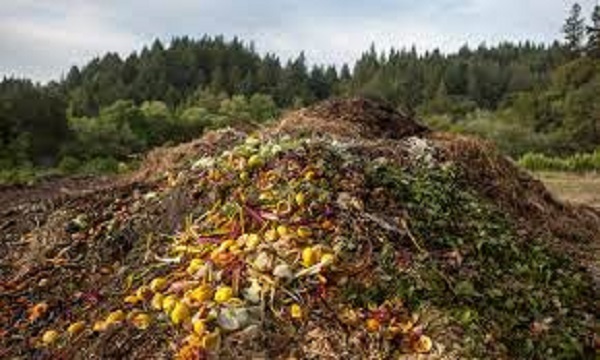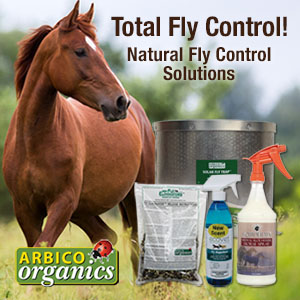
Composting is one of the most important management items you can do on your farm. There are numerous reasons to do this, and they are all positive. Un-managed manure is a nuisance and can cause problems. Compost is an incredible resource with numerous health and economic benefits. You’ve paid a lot for all the feed and bedding materials used to keep your horse healthy and happy. Why pay to have it taken away or banish it to a back corner of the farm. Compost is a resource.
Composting is nature’s way of recycling and converting organic waste into a form where it can be readily used by plants for growth and nourishment. Manure management and composting is a great way to help your farm and keep horses, pets, and people healthy. Horse and livestock manure with bedding (shavings or straw) is an almost perfect material on its own to compost. By providing proper aeration and maintaining a reasonable moisture level, composting happens.
Reasons to Compost
Composting manure will protect precious and sensitive water supplies from water soluble nitrates (in raw manure) which can travel across or down into the ground affecting your water supply. Only 1% of the Earths’ water is drinkable so it makes sense to protect it.
Proper composting will kill and control mosquito and fly larvae which can be a real nuisance and carriers of disease. Active compost will reach 150- 165F which kills the larvae.
Composting kills and eliminates weed seeds from your fields, landscape and gardens.
A well-maintained compost pile will break down very quickly, typically in 60-90 days. If done in a controlled manner, it deters rodents and other small creatures from nesting or dwelling in your unmanaged piles. This means less rodents sneaking into the barn posing health problems.
Compost is natures’ perfect plant food. Regular use of compost dramatically increases soil health, makes clay soil loosen up improving drainage and conversely, makes sandy soil hold moisture and nutrients better.
If you cultivate hay or apply compost around your property, you reduce or eliminate the need for chemicals which saves you money and keeps your property healthier.
Good, aerated compost management generates virtually no offensive odors. Making compost is a very rewarding process. All you need is the right amount of carbon-based material (leaves, old hay, straw, wood shavings) and a small amount of nitrogen-based material; animal manure, urine soaked bedding, green grass clippings, or food waste. When mixed and set in the proper aerated environment with an average moisture level of 65-70% (damp, but not soaked), naturally occurring microbes kick into gear and begin to attach the material converting it back into life sustaining humus. The heat of a pile is generated by these microbes working to recycle and convert these raw materials. Almost everyone has seen their piles get hot, but once the air is used up and the moisture level drops, that first flush of heat slows to a crawl and the material sits there. Slowly decomposing.
Many folks spread fresh manure directly to the field thinking they are doing the proper thing, but in fact, fresh manure does not control any of the items and issues detailed in the first part of this article. In many cases you are decreasing soil fertility if you have a high percentage of shavings or straw. The reason is the microbes in soil need energy to attack and break down the lignin and carbon of the shavings or straw. There are only two places for the microbes to get this energy: The stored energy in your soil, or the energy from the fresh urine or manure. But if these get rained on, or heavily snowed upon, the nitrogen leaches out rapidly. Therefore, adding fresh manure directly to fields can in many cases, work against you. Spreading compost is the best way to go because you are providing a stabilized, nutritious, plant usable material that plants can benefit from immediately.
When composting, there is also a 40% shrinkage in volume from new raw manure to finished compost. If field applying compost, it means 40% less fuel use, labor or time taking it to the field. That’s more time to ride or have fun. So, remember, by composting you are doing all sorts of great things for your farm, animals, and the environment. Compost is health food for plants and the environment.
If you want to try composting or are looking to improve your composting system, this article does a great job of explaining how to build a simple, but effective two or three bin composting system.
Related Articles & Free Email Newsletter Sign Up
Do Silage Inoculants Survive the Ensiling Process?
Proper Handling of Cattle Leads to a Healthier Herd




Comment here